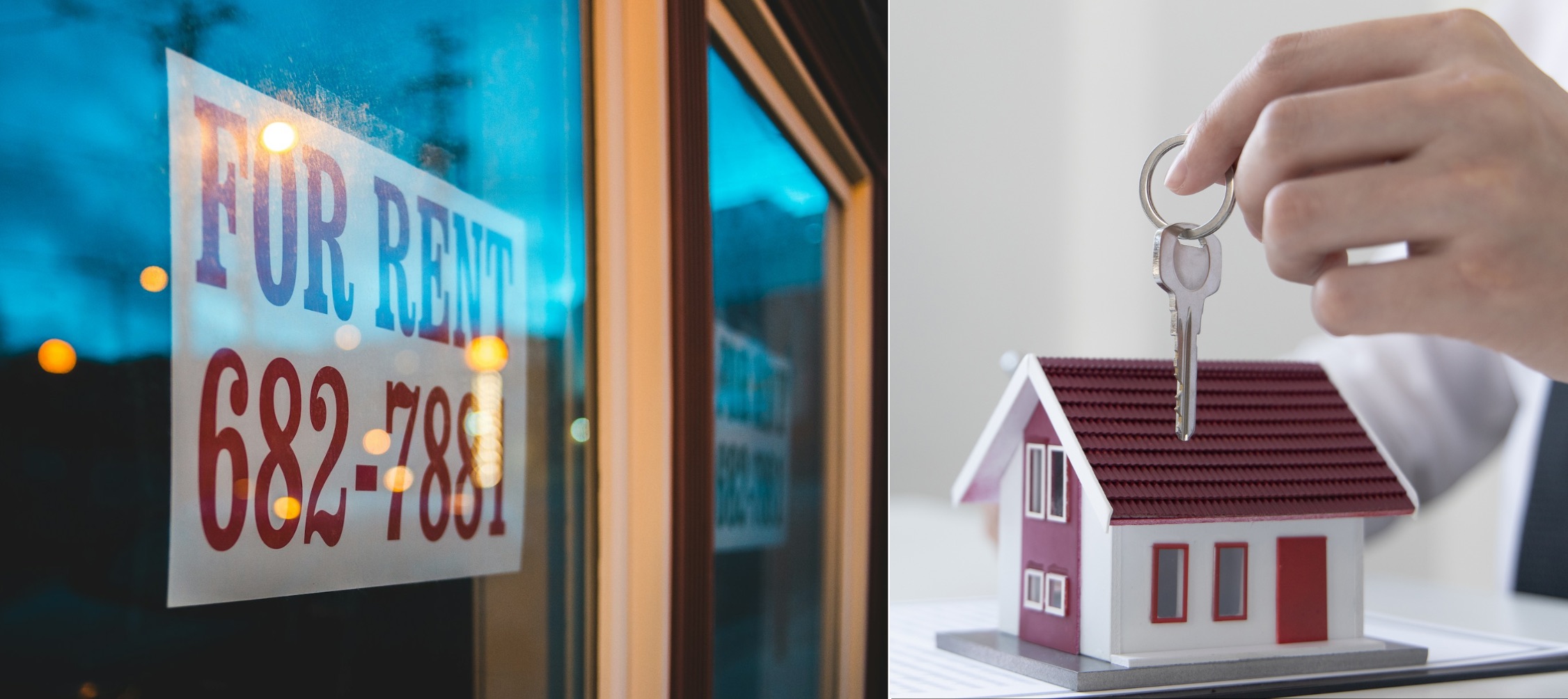Owning a property is an enormous achievement, and renting it out as a landlord can bring in a lot of great financial returns. But before putting on the hat as a landlord, you need to really see if this is truly suited for you. Understanding its responsibilities, benefits and preparation requirements can save you time, money and stress in the long run. In this blog, we will look at what steps should be taken first and how you can get the most out of the benefits of renting your property out.
Are You Cut Out to Be a Landlord?
Becoming a landlord is not all sunshine and roses (lets make that clear first). The commitment requires managing tenants, maintaining the property and complying with legal regulations as well as financial compliance issues. Here are some important questions that you need to think about when evaluating this path:
- Do You Have the Time? Managing a rental property may look pretty simple, but emergencies such as plumbing issues and tenant disputes require your immediate action as the landlords to resolve quickly. Being available during these situations is crucial.
- Are You Comfortable Handling Conflict? Tenant relationships don’t always go smoothly, which is why landlords need to have strong communication and negotiation skills in order to address disagreements with tenants.
- Can You Manage the Financial Side? Landlords need to have a solid grasp on financial management to protect and grow their investments. This means that you will need to use your financial skill from setting competitive rent prices to handling taxes and repairs budgets.
If the thought of managing all these responsibilities feels way too much for you, you can always consult a property management company as an alternative solution. But this will eat into your profits, so make sure you carefully weigh the costs and benefits before making this decision.
Steps to Take Before Renting Out Your Property
Before placing your property for rental on sites and newspapers, you should take proactive steps to make sure that you have an easy rental experience while avoiding common pitfalls. Here is what needs to happen before any tenant moves in:
Research Local Laws and Regulations
Every state, city and neighborhood has different rules when it comes to leasing properties. From tenant rights to safety codes, you as a landlord must become knowledgeable of these legal requirements if you plan on renting your properties out. Failing to abide with regulations could lead to fines or legal disputes which could cost hundreds or thousands of dollars.
Prepare Your Property
A functional, well-kept property attracts better tenants at more reasonable rent prices, so do an in-depth inspection to fix all the necessary things. Adding modern amenities or energy-saving appliances could make your please extra appealing. Keeping a tidy lawn, doing a fresh paint job and bringing in professional cleaning can go far in creating an inviting atmosphere that attracts potential renters.
Set the Right Rent Price
Setting your rental property price too high or too low will drive away prospective tenants. If you go too low, it could limit your return on investment. To find a fair but competitive rental price in your market area, research similar rental properties nearby to gauge the market conditions and set an appropriate rent price that takes into account the location, condition and amenities as part of its assessment.
Make a Rental Application
To screen potential tenants, make an extensive and detailed rental application. A thorough application should include important details about an applicant such as their personal information, employment and income history, rental history and references. Alongside an application form it is also better to ask for supporting documents like pay stubs, bank statements, and past landlord references which can give you valuable insight into an applicant’s financial stability and their past rental behavior.
Screen Potential Tenants
A comprehensive tenant screening process should never be overlooked. Check their credit histories, verify their incomes and ask for references so as to reduce the risk of eviction. And yes, eviction can be stressful, expensive and time consuming for you as a landlord.
Draft a Rock-Solid Lease Agreement
A lease provides the legal foundation for the landlord-tenant relationships. Outline the rental terms, payment schedules, tenant responsibilities and property rules in an organized document that meets the state legal standards to protect both parties involved in this agreement.
Look for Landlord Insurance
Standard homeowner policies don’t always cover all of the risks that are involved with renting out a property, such as damages to tenants’ properties and liability issues coming from someone being injured on the premises. Landlord insurance gives you that extra blanket of security.
Understand Tax Implications
Rental income is subject to taxes, but certain deductions may help cover expenses like repairs and maintenance as well as mortgage interest costs. Researching these tax advantages and talking to an expert that deals with this regularly will help you get the most profitability out of your rental investments.
Benefits of Becoming a Landlord
Being a landlord does have a lot of benefits that is more than simply earning rental income, and understanding these perks can help determine if this is worth it for you in the long run:
- Passive Income Stream: Rental properties give you regular income without the need for traditional 9-5 employment. These funds can go toward investments, leisure activities or your retirement savings plans.
- Property Value Appreciation: Over time, your real estate appreciates in value. Renting out your property makes it possible for landlords to capitalize on this appreciation while earning rental income in return. This approach provides long-term financial growth.
- Diversified Investment Portfolio: Diversifying your investment portfolio by including rental property is one way to diversify your financial risks. Real estate can give you different returns than stocks and bonds, giving you some level of safety when the markets fluctuate.

Conclusion
Becoming a landlord can be rewarding but it does have a lot of work to it. When you are able to get a handle on their responsibilities and also appreciate the benefits, you can become a successful landlord. You will need to approach this role like any other professional career. The rewards come through hard work, knowledge, and proactive management, but it takes work. When it’s done right though, becoming a landlord can bring you a lot of financial security and the fulfillment that comes from creating safe homes for others.








